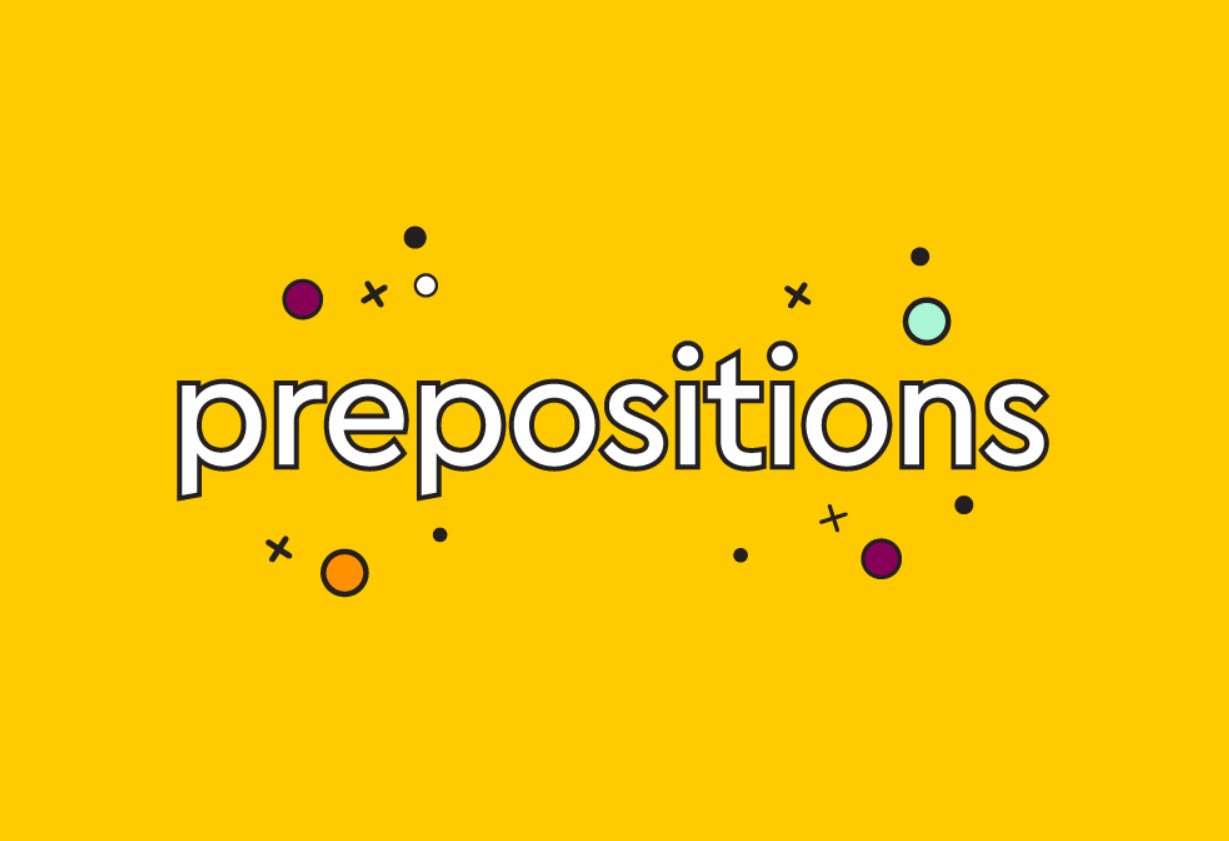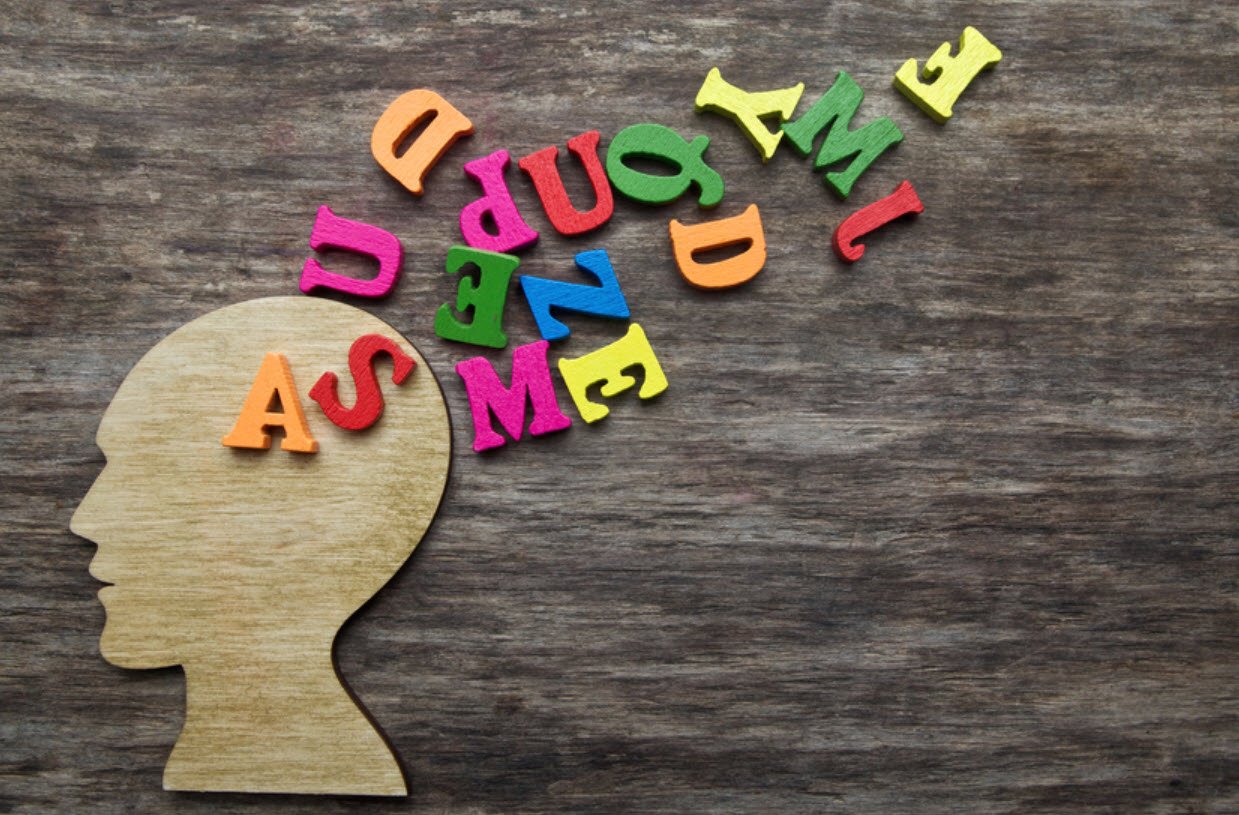
Language is a complex system that allows us to communicate our thoughts, feelings, and ideas. Within this system, words play a crucial role in conveying meaning. One fascinating aspect of language is the existence of antonyms. Antonyms are words that have opposite meanings, and they provide us with a rich linguistic resource for expressing contrast, emphasizing differences, and enhancing our overall communication.
Antonyms, also known as opposites, are a fundamental part of vocabulary. They can be found in various forms, such as adjectives, nouns, verbs, and adverbs. Understanding and utilizing antonyms effectively can significantly enrich our language skills and allow us to express ourselves more precisely.
One of the most apparent benefits of antonyms is their ability to express contrast. By using antonyms, we can highlight differences and create vivid mental images. Consider the following examples: “The room was dark, but as soon as we turned on the light, it became bright.” The contrast between darkness and brightness conveyed by the antonyms “dark” and “bright” helps us paint a clear picture in our minds.
Antonyms can also be used to emphasize the strength or intensity of a particular quality. For instance, the words “love” and “hate” are antonyms that represent extreme emotions. By using these contrasting words, we can convey the intensity of our feelings more effectively than by using a single word alone.
Furthermore, antonyms play a crucial role in expanding our vocabulary. Learning antonyms not only helps us understand the nuances of language but also enables us to express ourselves more precisely. When we encounter a new word, understanding its antonym provides us with valuable context and deepens our understanding of its meaning.
Antonyms are not limited to single words; they can also be expressed through phrases or idiomatic expressions. For example, “give and take” is an idiomatic expression representing a balanced exchange of ideas or compromise. The contrast between “give” and “take” emphasizes the reciprocity and cooperation involved in the interaction.
Antonyms can also be utilized to enhance our writing and make it more engaging. By consciously incorporating antonyms into our sentences and paragraphs, we can create a more dynamic and expressive writing style. Antonyms add depth and complexity to our language, capturing the reader’s attention and making the text more memorable.
| S.No. | Word | Antonyms |
|---|---|---|
| 1 | Abandon | Retain/Keep |
| 2 | Abase | Honor |
| 3 | Abate | Aggravate |
| 4 | Abhor | Adore/Claim |
| 5 | Absurd | Reasonable |
| 6 | Abundance | Scarcity |
| 7 | Abuse | Use/Extol |
| 8 | Accord | Discord |
| 9 | Accordant | Contrary |
| 10 | Accumulate | Disburse |
| 11 | Accuse | Absolve |
| 12 | Acquit | Condemn |
| 13 | Admit | Adjure/Deny |
| 14 | Aggravate | Alleviate/Lessen |
| 15 | Agony | Ecstasy |
| 16 | Airy | Congested |
| 17 | Allies | Enemies/Foes |
| 18 | Animate | Inanimate |
| 19 | Annex | Separate |
| 20 | Ardor | Indifference |
| 21 | Assent | Dissent |
| 22 | Assemble | Disperse |
| 23 | Asset | Dispute |
| 24 | Atheism | Theism |
| 25 | Audacity | Timidity |
| 26 | Audacious | Polite |
| 27 | Authentic | Counterfeit |
| 28 | Awkward | Convenient |
| 29 | Aversion | Affection |
| 30 | Awkward | Convenient |
| 31 | Awful | Gracious |
| 32 | Baffle | Encourage |
| 33 | Barren | Fertile |
| 34 | Belittle | Admire |
| 35 | Bemoan | Rejoice |
| 36 | Benediction | Malediction |
| 37 | Benevolent | Malevolent |
| 38 | Benign | Cruel |
| 39 | Bestow | Withhold |
| 40 | Bigoted | Tolerant |
| 41 | Blasphemous | Religious |
| 42 | Bleak | Cheerful |
| 43 | Blend | Sever |
| 44 | Bless | Curse |
| 45 | Bliss | Grief/Sorrow |
| 46 | Bogus | Real |
| 47 | Bold | Timid/Shy |
| 48 | Bonafide | Bogus |
| 49 | Boon | Bane/Curse |
| 50 | Brevity | Loquacity |
| 51 | Brightness | Dimness |
| 52 | Brusque | Courteous |
| 53 | Build | Demolish/Destroy |
| 54 | Cajole | Flout |
| 55 | Candid | Cunning |
| 56 | Caprice | Steadfast |
| 57 | Carnal | Spiritual |
| 58 | Celebrated | Obscure |
| 59 | Celibacy | Wedlock |
| 60 | Chaos | Cosmos/Order |
| 61 | Clear | Vague |
| 62 | Clever | Stupid |
| 63 | Confounded | Vivid |
| 64 | Deficit | Surplus |
| 65 | Deflate | Inflate |
| 66 | Dogmatic | Pragmatic |
| 67 | Drain | Fill |
| 68 | Dwarf | Giant |
| 69 | Dynamic | Static |
| 70 | Egoism | Altruism |
| 71 | Euphony | Cacophony |
| 72 | Exaggeration | Understatement |
| 73 | Exalt | Abase |
| 74 | Face | Shun |
| 75 | Fact | Fiction |
| 76 | Fair | Foul |
| 77 | Faithfulness | Treachery/Perfidy |
| 78 | Fetter | Free |
| 79 | Fickle | Firm/Steady |
| 80 | Fictitious | Real |
| 81 | Fierce | Docile/Tame |
| 82 | Flattery | Detraction/Sincerity |
| 83 | Float | Sink/Drawn |
| 84 | Frank | Secrete |
| 85 | Fresh | Stale/Old |
| 86 | Gaiety | Sorrow |
| 87 | Gaunt | Stout |
| 88 | Gay | Gloomy/Sad |
| 89 | General | Particular |
| 90 | Generous | Mean |
| 91 | Genuine | Spurious/Duplicate |
| 92 | Giant | Pygmy |
| 93 | Gradual | Abrupt/Sudden |
| 94 | Grammatical | Boorish |
| 95 | Haughty | Meek |
| 96 | Haves | Have-nots |
| 97 | Hectic | Cool |
| 98 | Help | Hinder |
| 99 | Hereditary | Acquired |
| 100 | Hesitate | Decide |
| 101 | Heterogeneous | Homogeneous |
| 102 | Hide | Reveal |
| 103 | Hideous | Attractive |
| 104 | Hoard | Scatter |
| 105 | Hurt | Heal |
| 106 | Improvement | Deterioration |
| 107 | Innocence | Guilty |
| 108 | Insert | Extract |
| 109 | Insipid | Spirited |
| 110 | Invade | Defend |
| 111 | Irritating | Pleasant |
| 112 | Jeopardy | Safety |
| 113 | Jest | Gravity |
| 114 | Jolly | Gloomy/Sad/Grave |
| 115 | Jovial | Gloomy |
| 116 | Juvenile | Senile |
| 117 | Keen | Blunt |
| 118 | Kernel | Shell |
| 119 | Laborious | Easy |
| 120 | Layman | Clergyman |
| 121 | Lax | Strict |
| 122 | Let | Hire |
| 123 | Liberal | Miserly |
| 124 | Liberate | Enslave |
| 125 | Linger | Hurry |
| 126 | Lofty | Low |
| 127 | Loathe | Love |
| 128 | Lukewarm | Zealous |
| 129 | Luminous | Dull |
| 130 | Lunacy | Sanity |
| 131 | Luxury | Austerity |
| 132 | Macabre | Pleasing |
| 133 | Mad | Sane |
| 134 | Malevolent | Benevolent |
| 135 | Malign | Benign |
| 136 | Mandatory | Optional |
| 137 | Mania | Phobia |
| 138 | Marriage | Celibacy |
| 139 | Mean | Decent |
| 140 | Mediocre | Excellent |
| 141 | Meek | Haughty |
| 142 | Melodious | Discordant |
| 143 | Melancholy | Happy |
| 144 | Memory | Oblivion |
| 145 | Miser | Spendthrift |
| 146 | Mitigate | Aggravate |
| 147 | Momentary | Lasting |
| 148 | Momentous | Trivial |
| 149 | Nebulous | Distinct |
| 150 | Nefarious | Lawful |
| 151 | Niggard | Spendthrift |
| 152 | Nude | Dressed |
| 153 | Nuisance | Entertainment |
| 154 | Numerous | Scanty |
| 155 | Obvious | Obscure |
| 156 | Omit | Add/Include |
| 157 | Opaque | Transparent |
| 158 | Opponent | Accomplice |
| 159 | Ostensible | Actual |
| 160 | Paucity | Abundance |
| 161 | Peevish | Congenial |
| 162 | Plentiful | Scarce |
| 163 | Populous | Desolate |
| 164 | Priest | Humility |
| 165 | Proceed | Recede |
| 166 | Prodigal | Frugal |
| 167 | Profuse | Scarce |
| 168 | Prohibit | Sanction/Permit |
| 169 | Prologue | Epilogue |
| 170 | Prolong | Crucial |
| 171 | Proud | Humble |
| 172 | Provoke | Placate |
| 173 | Prow | Stern |
| 174 | Pungent | Pleasant |
| 175 | Punish | Pardon |
| 176 | Puzzling | Lucid |
| 177 | Queer | Normal/Common |
| 178 | Quench | Inflame |
| 179 | Quieter | Excite |
| 180 | Radiance | Darkness |
| 181 | Radical | Orthodox |
| 182 | Ransack | Restore |
| 183 | Rash | Careful |
| 184 | Raw | Ripe |
| 185 | Raw | Build |
| 186 | Reactionary | Revolutionary |
| 187 | Reap | Sow |
| 188 | Rebellious | Loyal |
| 189 | Recall | Forget |
| 190 | Recede | Advance |
| 191 | Rectify | Falsify |
| 192 | Refusal | Acceptance |
| 193 | Refute | Support |
| 194 | Regress | Progress |
| 195 | Regret | Regard |
| 196 | Rejoice | Grieve |
| 197 | Reluctant | Willing |
| 198 | Remitter | Receiver |
| 199 | Remorseless | Remorseful |
| 200 | Rend | Link |
| 201 | Renowned | Notorious |
| 202 | Repel | Impair |
| 203 | Reside | Vacate |
| 204 | Retain | Relinquish |
| 205 | Reveal | Conceal |
| 206 | Ripe | Raw |
| 207 | Righteous | Corrupt |
| 208 | Rigid | Flexible |
| 209 | Risky | Safe |
| 210 | Rival | Pal |
| 211 | Roar | Whisper |
| 212 | Rude | Polite/Refined |
| 213 | Rule | Misrule |
| 214 | Rural | Urban |
| 215 | Ruthless | Merciful |
| 216 | Reprimand | Compliment |
| 217 | Republic | Monarchy |
| 218 | Repudiate | Affirm |
| 219 | Repulsive | Unresponsive |
| 220 | Sacred | Profane |
| 221 | Sagacious | Silly |
| 222 | Salient | Secondary |
| 223 | Satire | Eulogy |
| 224 | Saucy | Meek |
| 225 | Savage | Mild |
| 226 | Save | Squander/Kill |
| 227 | Scarcity | Abundance |
| 228 | Scorn (N) | Praise |
| 229 | Scorn (V) | Respect |
| 230 | Seek | Shun |
| 231 | Seize | Restore |
| 232 | Seldom | Often |
| 233 | Sensual | Sober |
| 234 | Serious | Trifling |
| 235 | Servitude | Liberty |
| 236 | Sever | Unite |
| 237 | Shade | Light |
| 238 | Sham | Sincere |
| 239 | Shout | Whisper |
| 240 | Shrewd | Stupid/Rash |
| 241 | Shrink | Swell |
| 242 | Silly | Serious/Important |
| 243 | Sin | Virtue |
| 244 | Sink | Float/Rise |
| 245 | Specific | Vague |
| 246 | Sterile | Fertile |
| 247 | Stiff | Supple/Flexible |
| 248 | Stingy | Generous |
| 249 | Stout | Thin |
| 250 | Stain | Rest |
| 251 | Strenuous | Facile |
| 252 | Subject | Monarch |
| 253 | Sullen | Cheerful |
| 254 | Surplus | Deficit/Shortage |
| 255 | Sweet | Sour |
| 256 | Sympathy | Cruelty |
| 257 | Tear | Patch/Stitch |
| 258 | Tender | Hard |
| 259 | Theism | Atheism |
| 260 | Thesis | Antithesis |
| 261 | Thrift | Extravagance |
| 262 | Tough | Yielding |
| 263 | Tragedy | Comedy |
| 264 | Traitor | Devoted |
| 265 | Tranquil | Disturbed |
| 266 | Travel | Settle |
| 267 | Trembling | Steady/Firm |
| 268 | Trifle | Treasure |
| 269 | Triumph | Defeat |
| 270 | Trivial | Large |
| 271 | Troubled | Protected |
| 272 | Turbulent | Calm |
| 273 | Tyrannous | Benevolent |
| 274 | Tyranny | Benevolence/Democracy |
| 275 | Unanimity | Discord |
| 276 | Union | Separation |
| 277 | Urban | Rural |
| 278 | Vacant | Occupied |
| 279 | Vague | Clear |
| 280 | Vain | Modest |
| 281 | Valuable | Worthless |
| 282 | Vanguard | Rearguard |
| 283 | Vanity | Modesty |
| 284 | Variance | Harmony |
| 285 | Vast | Small |
| 286 | Vigilant | Negligent |
| 287 | Vivid | Vague |
| 288 | Vision | Blindness |
| 289 | Violate | Observe |
| 290 | Wander | Settle |
| 291 | Wane | Wax |
| 292 | Weary | Untied |
| 293 | Wicked | Virtuous |
| 294 | Windward | Leeward |
| 295 | Winsome | Ugly |
| 296 | Wither | Prosper |
| 297 | Yonder | Nearer |
| 298 | Youthful | Aged |
| 299 | Zeal | Apathy |
| 300 | Zenith | Nadir/Zero |
| 301 | Zero | Climax |
| 302 | Zest | Loathing |
In conclusion, antonyms are a valuable linguistic resource that allows us to express contrast, emphasize differences, expand our vocabulary, and enhance our writing. By understanding and utilizing antonyms effectively, we can elevate our language skills and communicate with greater precision.
So let us embrace the world of antonyms and explore the fascinating realm of opposites to enrich our language and deepen our understanding of words and their meanings.
You may also like:- 200 Essential Questions for Practicing One-Word Prepositions (With Answers)
- Understanding Nouns – The Five Types and Their Uses
- Top 9 Essential Tips To Help You Speak Clearly and Confidently
- Commonly Confused Words – A Guide to Clarifying Misused Terms
- Similar Words with Different Meanings – A Guide to Avoiding Common Confusion
- Learning French Nouns in Foreign Language Training
- How to Understand Basic Spanish – A Beginner’s Guide
- An Idiomatic Approach to Workplace Language – Solve the Exercise
- Mastering Prepositions – Practical Sentence Completion Exercise
- Mastering Common UK Abbreviations – A Practical Exercise








